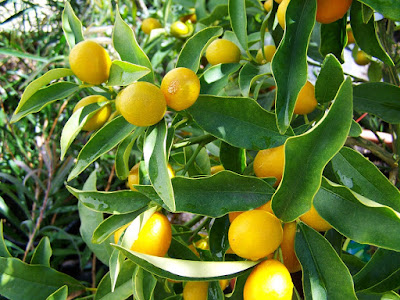Body of Text:
Natural sweeteners are defined as a number of plant or animal-derived items that provide sweetness in an unprocessed form. They are a great way to get all of the flavor of sugar or corn syrup without the level of processing that both of these items require. There are a number of different sweeteners to try. Here are five popular sweeteners and a healthy use for each one.
Dates
This fruit that comes from the palm tree is a sweetener that has popularity dating back before Ancient Egypt. Dates are an excellent sweetening choice for baked goods. Dates can be separated from the pit and blended into a sweet paste. They can be mashed and added to cinnamon or granola bars to provide a sweet, decadent treat.
Honey
One of the best-known natural sweeteners, honey has a number of great uses. It can be used to sweeten drinks and salad dressings. Raw, unpasteurized honey also serves as an antimicrobial in food preservation and wound care. Eating local, raw honey every day has also been shown to help to reduce the severity of seasonal allergies.
Agave
The syrup in the agave plant is the precursor to quality tequila when fermented and an excellent honey or maple syrup substitute when used in its raw form. Agave comes in both light and dark formulations and can be used like white and brown sugar or dark and light molasses. It offers a mild taste and is a great choice for marinades, as it can help flavors to stick to the meat without causing a lot of charring and burning over a grill.
Stevia
This sweetener is the lowest-calorie of all of the known natural sweeteners and is often used as a sugar substitute for those who want to purge sugar from their diet. It is most commonly eaten as a powder, like sugar, but it is very light and more similar to powdered sugar. It can be used in drinks and baking, but be aware that it is actually much more sweet than sugar, so you need much less of it in your coffee or tea. If you are doing a cleanse that includes lemon water, a pinch of this can help to make it taste more like lemonade.
Maple Syrup
Another of the best-known natural sweeteners, maple syrup is a staple on breakfast tables worldwide. It is important to note that natural maple syrup is not the same as artificial brands, which consist of maple-flavored corn syrup. Maple is an excellent sweetener substitute in pies, a good glaze base for meats, and a good addition to salad dressing.
Making the Switch
If you are unsure which kind of sweetener is best for you, it's a good idea to experiment. For some, you may find that you can easily make the switch with some things but other foods are not as good with a sugar substitute. Other people may be trying to remove most of the sweet things from their lives, and this is a way to wean off of the addictive nature of sugar a little bit more easily.
Remember that not all sweeteners taste quite the same. If you don't like the flavor of one, keep trying others until you find a taste that you enjoy. Even as you experiment, in increase in your energy levels and a reduction in your waistline may help to tip the scales in favor of your new sweetening regime.


